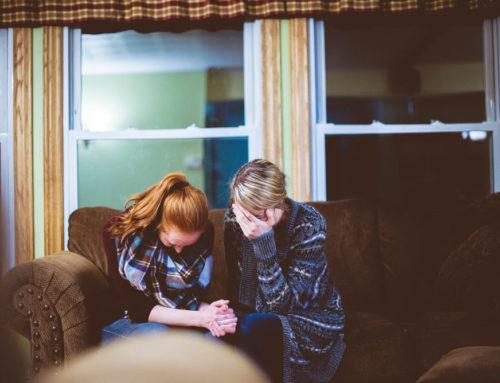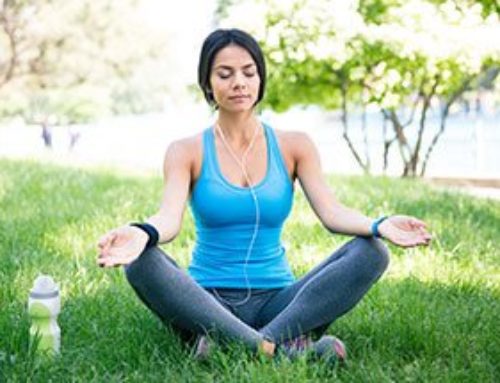Being happy during the holidays starts with you. If you are dreading the holiday season this year, here are some things to consider.
Being happy during the holidays can be difficult – especially if you’re going through a divorce. Many divorced people find the holiday season overwhelming, and “happy” would be the last adjective they use to describe it.
With that in mind, messages from the media and Facebook sharing images of happy families and fun gatherings can feel isolating rather than inspiring. If your feeling less jolly this holiday season, that’s normal after divorce. It doesn’t, however, mean you can put the happy back into your holidays.
Here’s How to Put the Happy Back into Happy Holidays
If you are dreading the holiday season this year, here are some things to consider:
- Be realistic: It’s important to remember that not every moment of the holiday season is going to be happy (or fun). Give yourself permission to feel whatever you feel. The more you fight your feelings, the more they insist on showing up. Remember, people heavily curate their Facebook feed to show the most amazing moments, and the media is designed to make you want to buy things with the promise that you will be as happy as the couple giving each other cars for Christmas – that is not real life!
- Distinguishing between pleasure and happiness: Pleasurable experiences can be lovely. However, the constant pursuit of pleasurable experiences does not lead to true happiness. We need meaning and connection to experience a deeper sense of happiness. Go ahead and enjoy that yummy dessert or glass of wine in moderation, but consider what would be most meaningful to you this holiday season. Is it connecting with friends and family? Is it volunteering or giving back to those in need?
- Focus on relationships: Connecting with friends and family over the holidays (and the rest of the year) is a key component to feeling good. Of course, it is important to distinguish between healthy relationships from toxic relationships. An important component of self-care can be setting boundaries with difficult family members that you might be more likely to see over the holidays. Surround yourself with supportive people whose company you enjoy. Laughing with loved ones is probably the best way to bring happiness to the holiday season!
- Experiences, not things: The holidays can be very consumer-oriented. There can be pressure to give a lot of gifts and go beyond your budget. Being happy during the holidays doesn’t mean you have to spend your money on expensive gifts. Many people end up with things that they don’t need or want, and bills they can’t afford. There is research indicating that experiences make us happier compared to material goods. Instead of getting and giving more sweaters, consider experiences both as gifts and in place of gifts. It can be going to a meal, seeing a concert or taking a cooking class together. The experiences don’t have to be expensive, it can be having coffee with your sister or taking a walk with your best friend.
- Manage your stress: Self-care is so important during the holidays. Physical self-care involves getting enough sleep, exercise, and healthy food to keep your body feeling good. Social and emotional self-care involves building into your day and week activities that recharge your battery and keep you engaged in your relationships. We all know the oxygen mask on the airplane analogy: put your own mask on before assisting others. It really is easier to care for others if we take care of ourselves first.
To add more happy into your holiday, take time for yourself, take time to engage in meaningful activities and take time to connect with loved ones. Shared experiences build memories and provide time for connection. This is the essence of being happy during the holidays – and the rest of the year.






